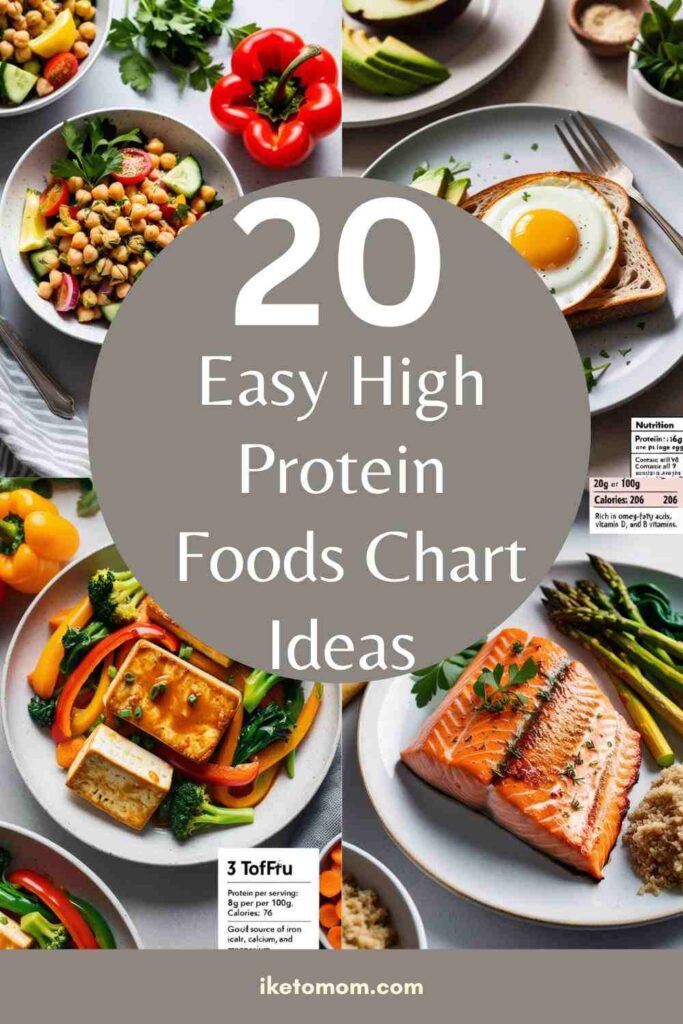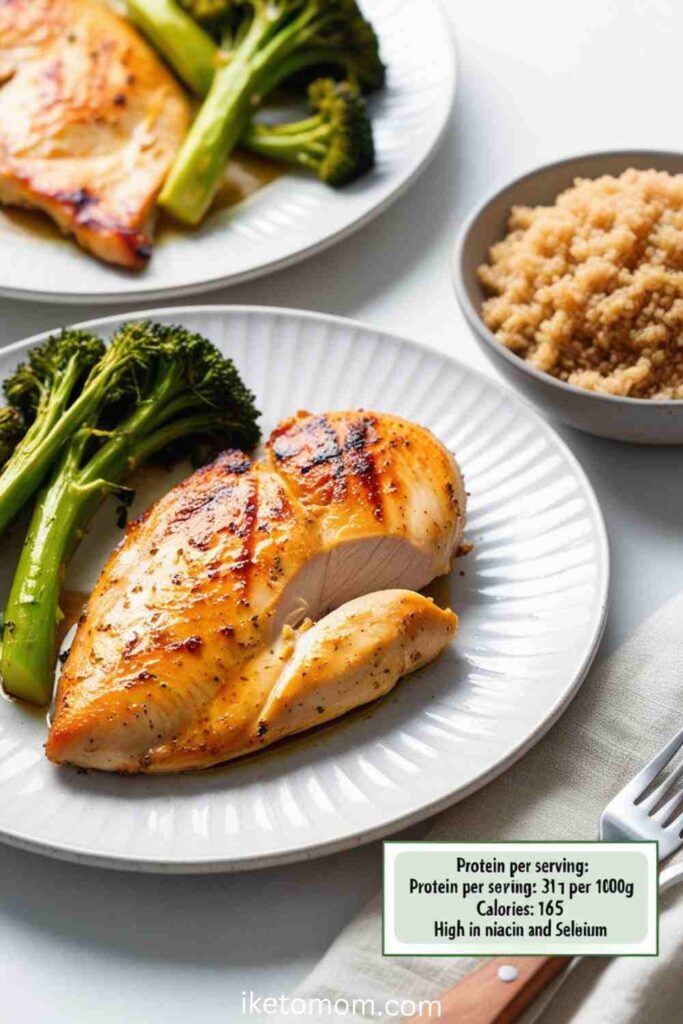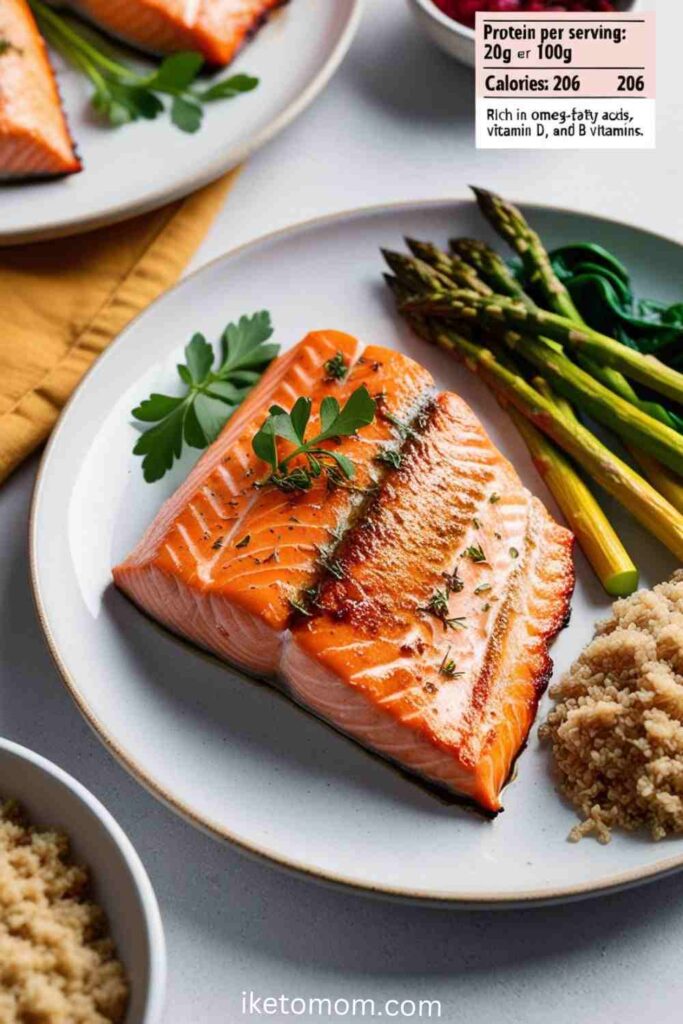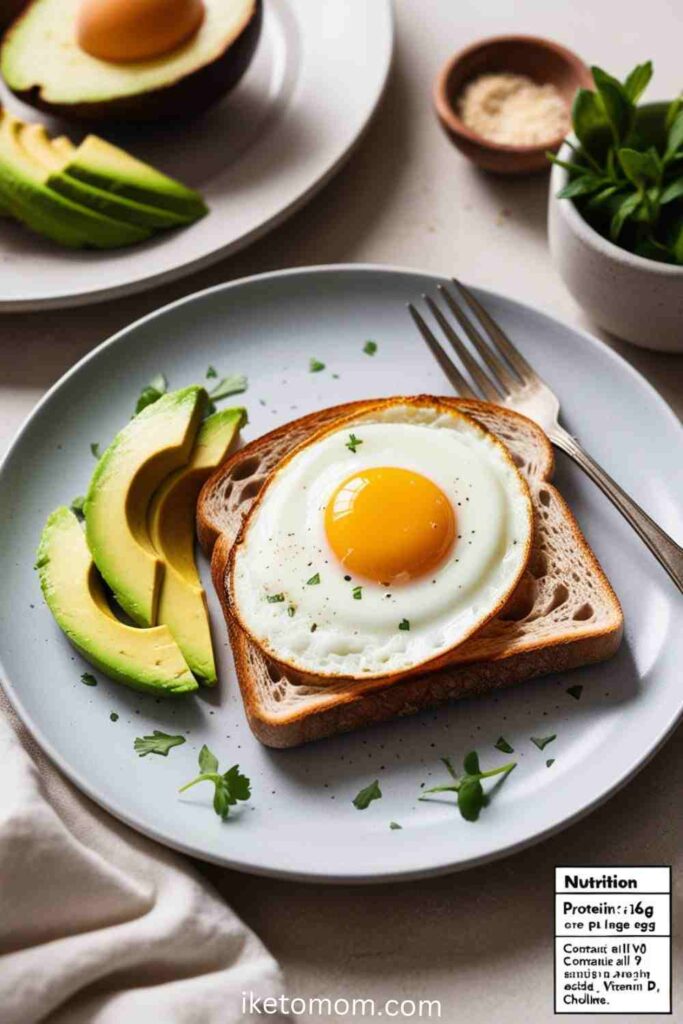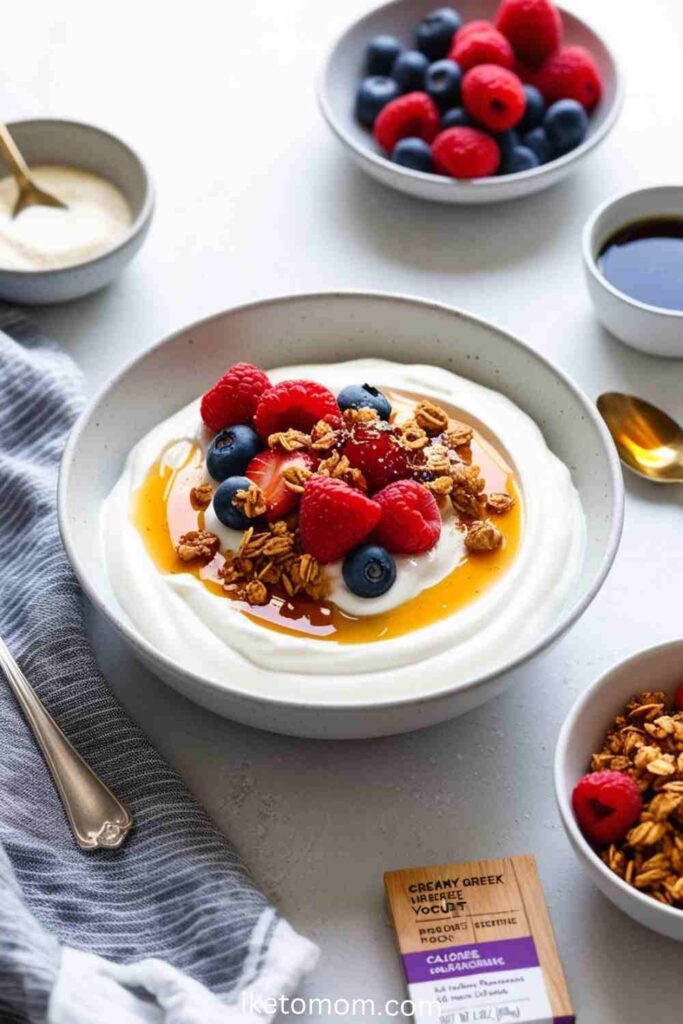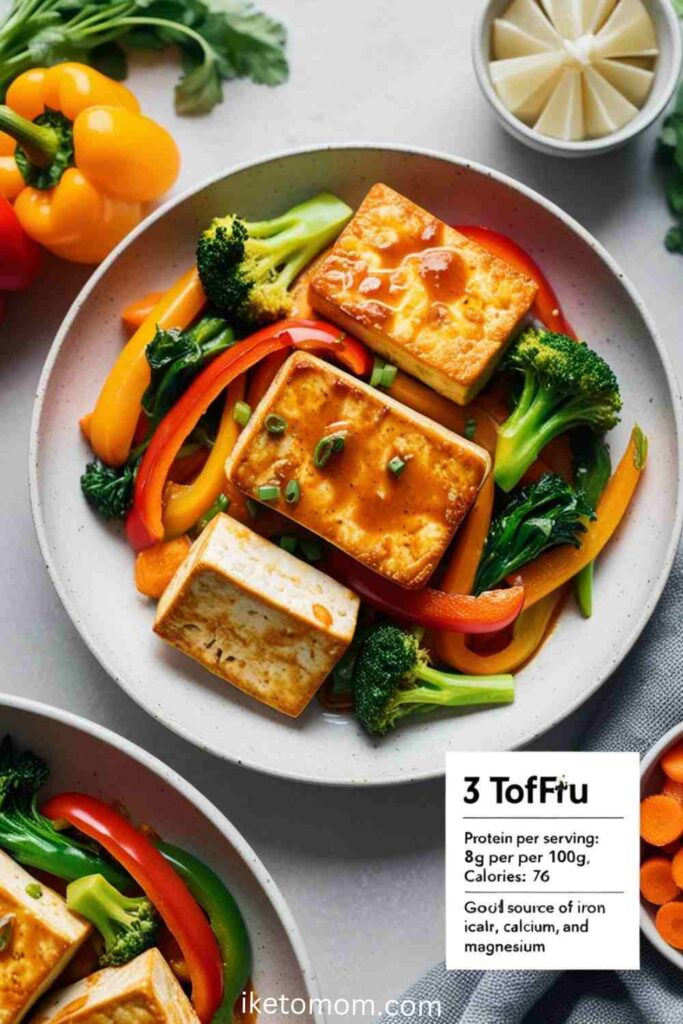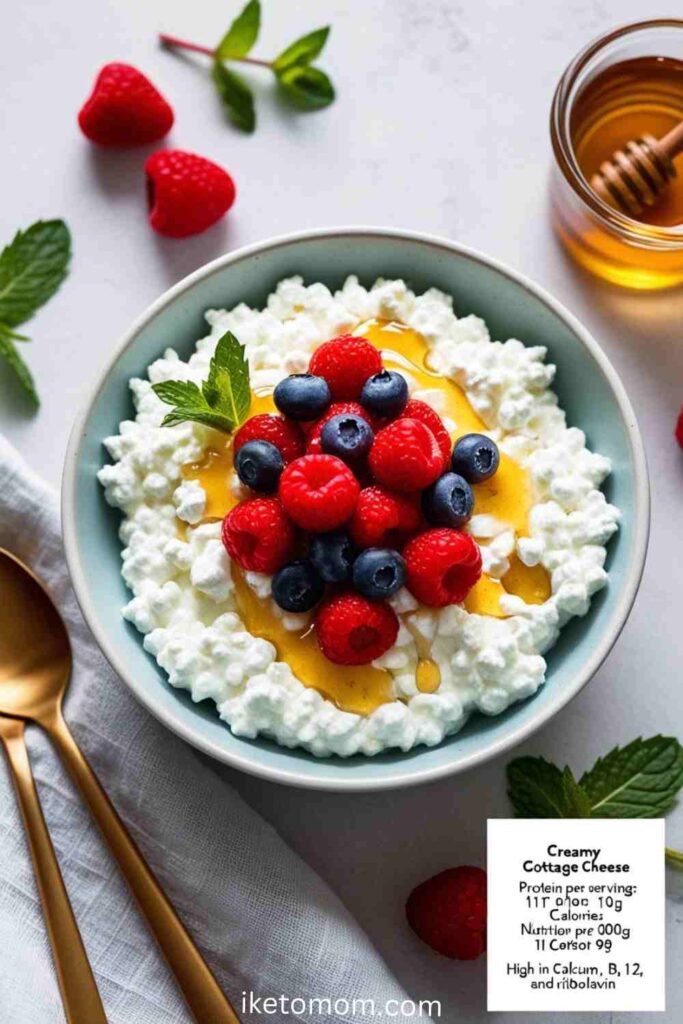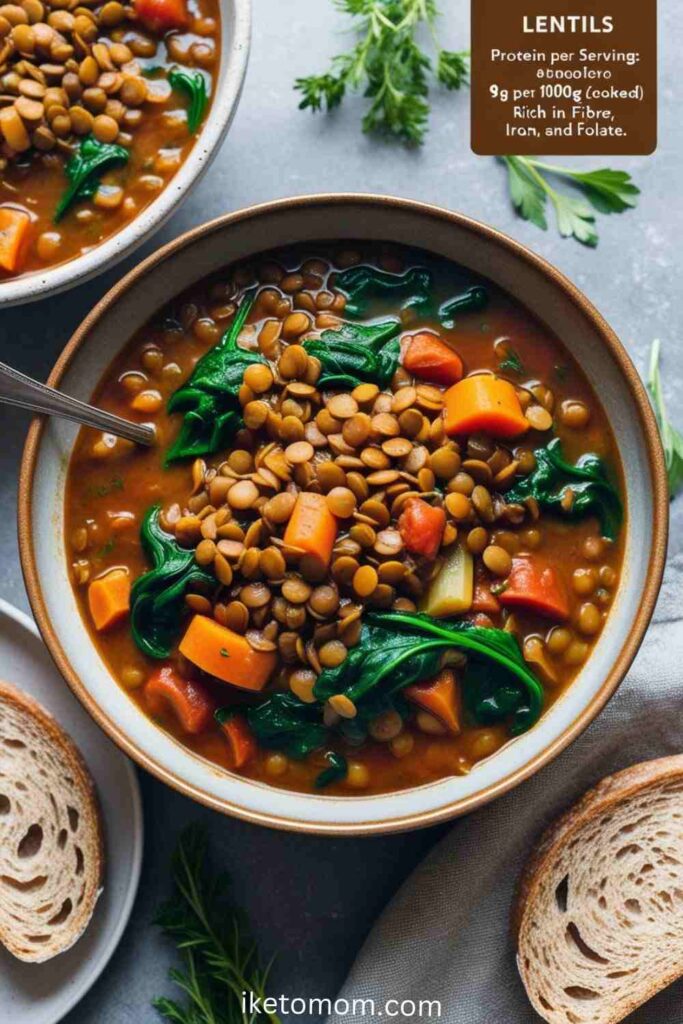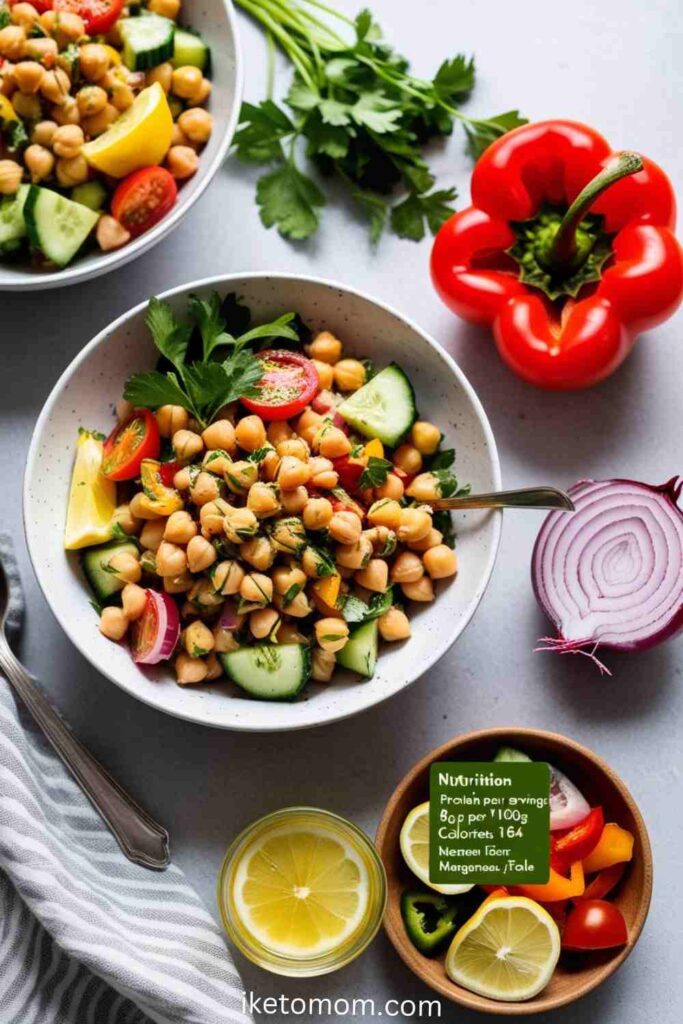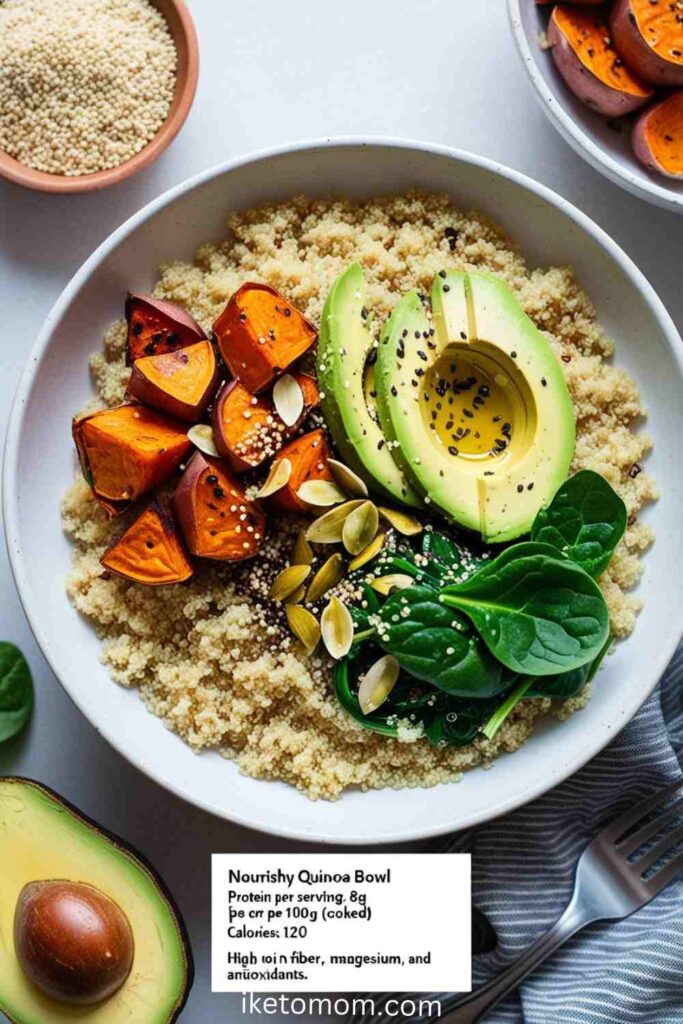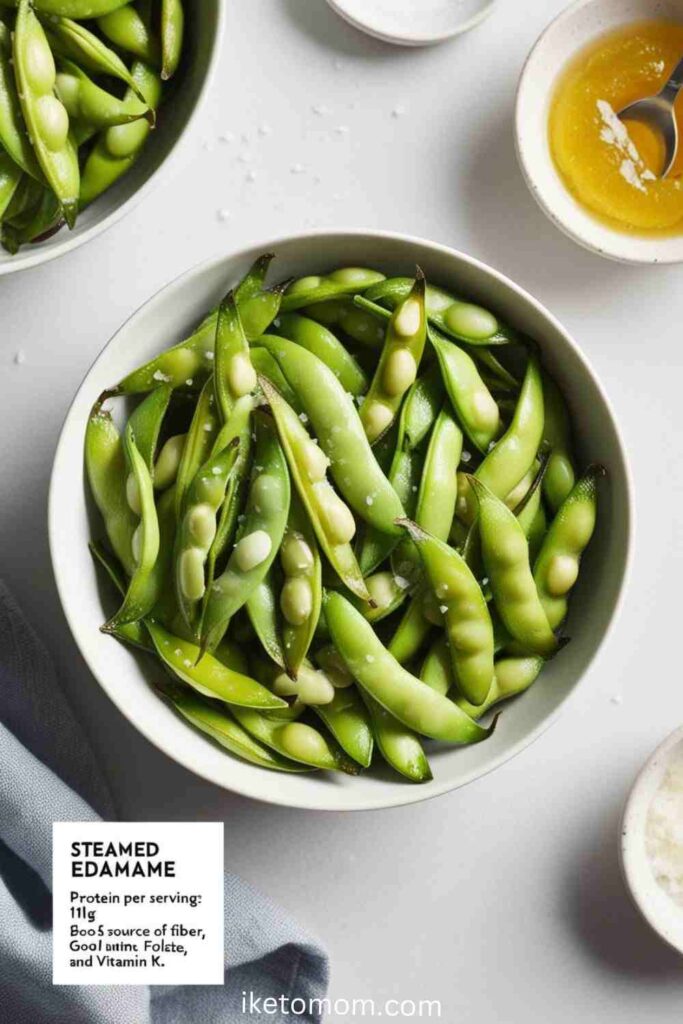High Protein Foods Chart Ideas : Protein is a vital macronutrient that plays a key role in nearly every biological process in the body. It is an essential building block for muscle growth, tissue repair, immune function, and enzyme production. In a balanced diet, protein supports a wide range of bodily functions, from maintaining healthy skin and hair to supporting the growth and repair of cells.
Incorporating high-protein foods into your meals offers a variety of benefits. For those focused on muscle building, protein helps stimulate muscle growth and recovery, particularly after exercise. It’s an essential nutrient for athletes or anyone involved in strength training or endurance activities.
Additionally, weight management can benefit from a higher protein intake, as it helps you feel fuller for longer, reducing overall calorie intake and preventing overeating. Protein-rich foods are also known to have a higher thermic effect, meaning the body burns more calories during digestion compared to fats and carbohydrates.
High Protein Foods Chart Ideas
1. Chicken Breast
Chicken breast is one of the most popular and versatile sources of lean protein. It’s not only low in fat but also packed with essential nutrients, making it an excellent choice for anyone looking to boost their protein intake.
- Protein per serving: 31g per 100g
Chicken breast is an excellent source of high-quality protein, which is essential for muscle growth, repair, and overall body maintenance. - Calories: 165 per 100g
Despite being low in fat, chicken breast is relatively low in calories, making it a great choice for those looking to manage their weight while still meeting their protein needs. - Other nutrients: Chicken breast is low in fat and provides a significant amount of niacin (vitamin B3), which supports metabolism and the function of the nervous system. It’s also rich in selenium, an important mineral that helps protect the body from oxidative stress and supports immune health.
Whether grilled, baked, or roasted, chicken breast is a delicious and healthy option to include in a variety of meals, from salads to stir-fries to wraps.
2. Salmon
Salmon is a nutrient-dense fish that offers numerous health benefits, making it a top choice for those looking to boost their protein intake while reaping the rewards of heart-healthy fats.
- Protein per serving: 20g per 100g
Salmon provides a significant amount of high-quality protein, which is important for muscle repair, growth, and overall body function. - Calories: 206 per 100g
While slightly higher in calories than some lean meats, the healthy fats and nutrients in salmon make it a worthy addition to any balanced diet. - Other nutrients: Salmon is rich in omega-3 fatty acids, which are known for their anti-inflammatory properties and heart health benefits. It’s also a great source of vitamin D, which supports bone health, immune function, and mood regulation. Additionally, salmon contains B vitamins, which are essential for energy production and maintaining a healthy nervous system.
Salmon can be enjoyed in a variety of ways—whether grilled, baked, or served raw as sushi or sashimi—offering both flavor and a wide range of essential nutrients in each serving.
3. Eggs
Eggs are one of the most affordable and versatile sources of high-quality protein, offering a wide range of essential nutrients in every serving.
- Protein per serving: 6g per large egg
Each egg provides a solid amount of protein, making it a great option for muscle repair, immune support, and overall body function. - Calories: 72 per large egg
Eggs are relatively low in calories, making them an excellent choice for anyone looking to include a nutrient-dense food without consuming excess calories. - Other nutrients: Eggs are unique in that they contain all 9 essential amino acids, making them a complete source of protein. They are also rich in vitamin D, which supports bone health and immune function. Additionally, eggs provide choline, a nutrient crucial for brain health, liver function, and cell membrane structure.
Eggs can be enjoyed in countless ways, from scrambled and boiled to poached and fried, making them a convenient and nutritious addition to any meal throughout the day.
4. Greek Yogurt
Greek yogurt is a creamy, tangy, and versatile dairy product that not only provides high-quality protein but also offers a range of health benefits due to its probiotic content.
- Protein per serving: 10g per 100g
Greek yogurt is an excellent source of protein, supporting muscle repair, immune function, and overall health. - Calories: 59 per 100g
It is relatively low in calories, making it a great option for those looking to add protein to their diet without consuming excess calories. - Other nutrients: Greek yogurt is rich in probiotics, which are beneficial bacteria that support gut health and digestion. It is also a great source of calcium, essential for bone health, and provides a good amount of B vitamins, which help with energy production and maintaining a healthy nervous system.
Greek yogurt can be enjoyed on its own, added to smoothies, or used as a base for parfaits and sauces. Its versatility and health benefits make it a perfect addition to a balanced diet.
5. Tofu
Tofu is a popular plant-based protein that offers a variety of health benefits, making it an ideal choice for vegetarians, vegans, or anyone looking to diversify their protein sources.
- Protein per serving: 8g per 100g
Tofu provides a moderate amount of protein, supporting muscle repair and overall bodily functions, while being a great meat alternative. - Calories: 76 per 100g
Tofu is relatively low in calories, which makes it an excellent option for those looking to maintain or manage their weight while still getting essential nutrients. - Other nutrients: Tofu is a good source of iron, essential for the production of red blood cells and oxygen transport in the body. It is also high in calcium, supporting bone health, and contains magnesium, which is important for muscle function, energy production, and overall well-being.
Tofu is highly versatile and can be used in a wide range of dishes, from stir-fries and curries to smoothies and desserts, absorbing the flavors of whatever it’s cooked with. It’s a healthy and nutrient-packed food to add to your diet.
6. Cottage Cheese
Cottage cheese is a dairy product that provides a rich source of protein, making it an excellent addition to any balanced diet, whether for muscle recovery, weight management, or overall nutrition.
- Protein per serving: 11g per 100g
Cottage cheese offers a significant amount of protein, which helps with muscle repair, growth, and maintaining lean body mass. - Calories: 98 per 100g
Despite being protein-packed, cottage cheese remains relatively low in calories, making it an ideal snack or addition to meals for those seeking to manage their calorie intake. - Other nutrients: Cottage cheese is high in calcium, which supports bone health, and is an excellent source of B12, essential for nerve function and red blood cell formation. It also contains riboflavin (vitamin B2), which is crucial for energy production and cellular function.
Cottage cheese can be eaten on its own, paired with fruits, or used in savory dishes, making it a versatile and nutrient-dense choice for anyone looking to increase their protein intake.
7. Lentils
Lentils are a nutrient-dense legume that provides an excellent source of plant-based protein, along with a variety of other essential nutrients, making them an ideal choice for vegetarians and anyone seeking a healthy, balanced diet.
- Protein per serving: 9g per 100g (cooked)
Lentils are a great source of plant-based protein, supporting muscle repair, immune function, and overall health. - Calories: 116 per 100g (cooked)
Lentils are relatively low in calories, making them a great addition to a weight-conscious diet without sacrificing nutritional value. - Other nutrients: Lentils are rich in fiber, which aids digestion and helps maintain healthy blood sugar levels. They are also a good source of iron, important for red blood cell production and oxygen transport, as well as folate, which is essential for cell growth and overall energy metabolism.
Lentils can be used in soups, stews, salads, or even as a meat alternative in various dishes, offering a versatile and nutritious addition to your meals.
8. Chickpeas
Chickpeas, also known as garbanzo beans, are a versatile legume that offers an excellent source of plant-based protein and a wealth of essential nutrients, making them a staple in many healthy diets.
- Protein per serving: 8g per 100g (cooked)
Chickpeas are a great source of plant-based protein, helping to support muscle maintenance, repair, and overall health. - Calories: 164 per 100g (cooked)
While slightly higher in calories compared to other legumes, chickpeas are still an excellent option for those looking to incorporate nutrient-dense foods into their diet. - Other nutrients: Chickpeas are high in fiber, which supports digestion and helps regulate blood sugar levels. They also contain manganese, an essential mineral for bone health, metabolism, and antioxidant defense, as well as folate, which is vital for cell growth and energy production.
Chickpeas are incredibly versatile, whether roasted for a crunchy snack, blended into hummus, or added to soups, salads, and curries. They are a delicious and nutritious option for enhancing your meals.
9. Quinoa
Quinoa is a nutritious, gluten-free grain that is a complete source of protein, making it a popular choice for vegetarians, vegans, and anyone looking for a healthy and versatile food.
- Protein per serving: 8g per 100g (cooked)
Quinoa provides a substantial amount of plant-based protein, containing all nine essential amino acids, making it a complete protein source. - Calories: 120 per 100g (cooked)
It is relatively low in calories, making quinoa an excellent choice for those looking to add more protein to their diet without consuming excess calories. - Other nutrients: Quinoa is high in fiber, which supports digestion and helps maintain healthy blood sugar levels. It is also rich in magnesium, a mineral crucial for muscle and nerve function, as well as antioxidants, which help protect the body from oxidative stress and inflammation.
Quinoa can be used in a variety of dishes, from salads and stir-fries to soups and breakfast bowls, offering a versatile and nutritious addition to any meal.
10. Edamame
Edamame, young soybeans, are a protein-packed snack or addition to meals that provide a variety of important nutrients and health benefits.
- Protein per serving: 11g per 100g
Edamame is an excellent source of plant-based protein, helping with muscle repair and maintenance, while also supporting overall body function. - Calories: 121 per 100g
Edamame is relatively low in calories, making it an ideal healthy snack or side dish for those looking to boost their protein intake without adding excess calories. - Other nutrients: Edamame is a good source of fiber, which aids in digestion and helps regulate blood sugar levels. It also contains folate, essential for cell growth and energy production, and vitamin K, important for bone health and proper blood clotting.
Edamame can be enjoyed as a snack, tossed into salads, or added to stir-fries, offering a versatile and nutritious way to enhance your diet.
FAQ
What are the benefits of incorporating high-protein foods into my diet?
High-protein foods help build and repair muscles, support metabolism, aid in weight management by keeping you full longer, and provide essential nutrients like vitamins and minerals that contribute to overall health.
How can I include more high-protein foods in my meals?
You can add high-protein foods to your meals by incorporating options like chicken breast, tofu, Greek yogurt, eggs, and legumes into salads, stir-fries, smoothies, or simple snacks.
Are plant-based high-protein foods as effective as animal-based ones?
Yes, plant-based protein sources like lentils, chickpeas, tofu, and quinoa can be just as effective as animal-based protein for supporting muscle growth, tissue repair, and overall health, especially when combined in a varied diet.
How can I balance protein intake with other macronutrients?
To balance protein with fats and carbohydrates, aim for a variety of whole foods in each meal. Include vegetables, fruits, whole grains, and healthy fats alongside your protein sources for a balanced and nutritious diet.

I’m Priscilla Swahn, a registered dietitian with a master’s degree in nutritional sciences. With over a decade of experience in holistic nutrition, I specialize in creating delicious keto recipes to help you enjoy a healthy lifestyle. On iKetoMom, you’ll find a variety of recipes for every meal—hearty breakfasts, satisfying lunches, mouthwatering dinners, indulgent desserts, and refreshing drinks. My recipes make keto living easy and enjoyable for the whole family. Featured in EatingWell and MindBodyGreen, I also collaborate with health centers and corporate companies to share my expertise. Join me and discover the joy of keto cooking!

